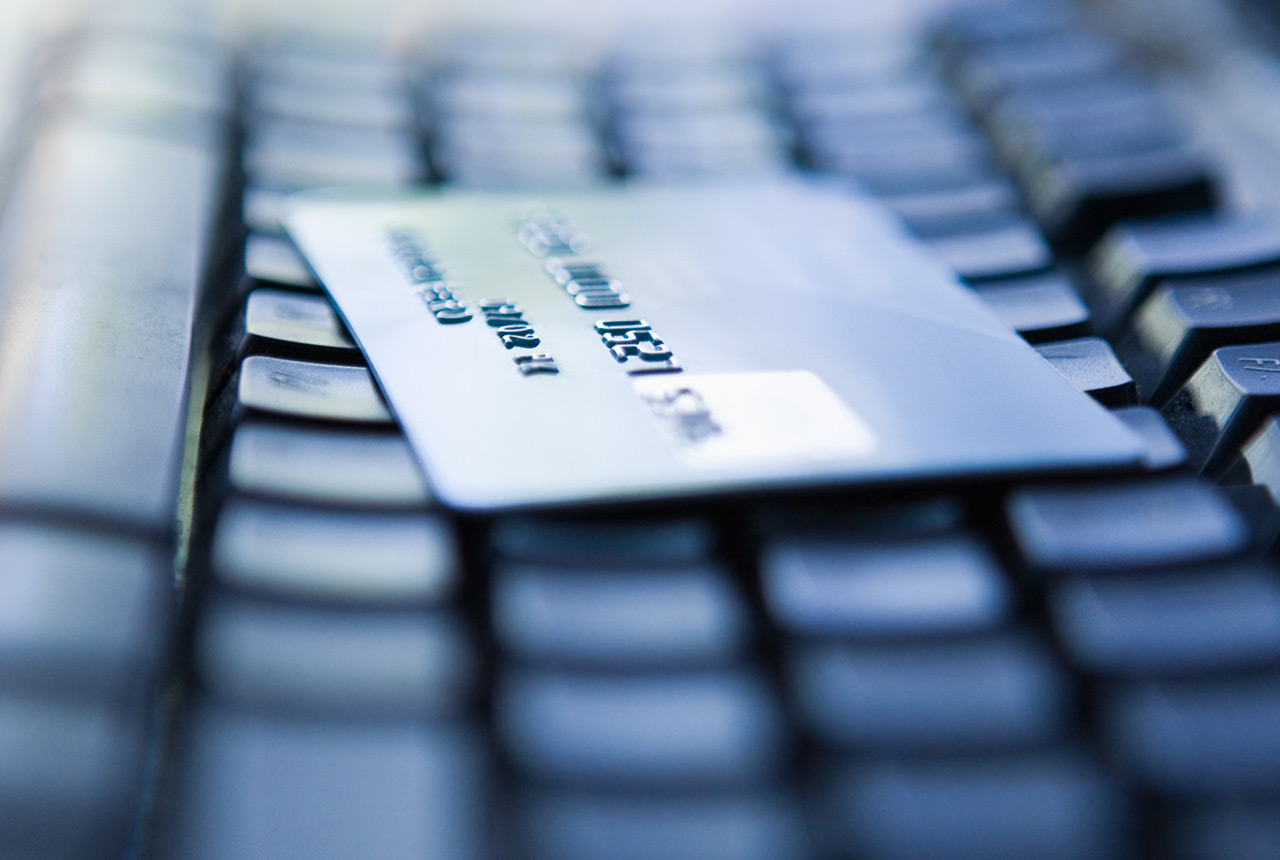Policy in focus: Payment services directive

Related topics
Payment Services & SEPAdate: 25/11/2015
On October 8, the European Parliament adopted the revised directive on payment services, or PSD2. The new rules are designed to make payment services safer and promote the development and use of innovative online and mobile payments. In this way, they offer considerable benefits for consumers. But what is new about the updated directive? And what exactly are the benefits it will bring? Here, we set out the main ways the new rules will make things better for consumers.
Economic benefits
By bringing more competition to the electronic payments market, the new rules will mean consumers have more and better choices of payment services and service providers. Furthermore, some new players that have emerged in the world of payments will now be covered under the PSD2. This includes 'payment initiation services', which are already offered in a number of member states and allow consumers to pay instantly for internet bookings or online shopping without the need for a credit card. It also includes 'account information services providers' that allow consumers to have a global view of their financial situation and analyse their spending patterns, expenses and financial needs in a user-friendly manner.
The PSD2 will also help reduce the charges some consumers are paying for card payments. The practice of surcharging – common in some member states – will, in the case of most card payments in the EU, no longer be allowed. This will apply to internet, domestic and cross-border payments.
In addition, improved security measures will mean that consumers are better protected against fraud and other abuses or unauthorised transactions. Furthermore, except in cases of fraud and gross negligence on the part of the person paying, the maximum amount they would have to pay in case of an unauthorised payment transaction will decrease from € 150 to € 50.
Consumers' rights
The current payment services directive protects consumers' rights in the event of an unauthorised debit from an account under certain conditions. The new rules introduce an 'unconditional refund right' in the case of a SEPA direct debit – in other words a direct debit in euro – even in the case of a disputed payment transaction. Direct debit schemes for non-euro payments will continue to work as they do under the current directive, although member states may introduce refund rights that are more advantageous to payers.
Consumers' direct debits will also be better protected when the transaction amount is not known in advance – for instance with car rentals or hotel bookings. The payee will only be able to block funds on the payer's account if the payer has approved the exact amount that can be blocked.
PSD2 will also increase consumers' rights when paying in non-EU currencies or sending transfers and money remittances outside Europe.
Payment security
The new rules give a higher level of payment security, which is a key issue for many consumers, particularly when paying via the internet. All payment service providers will need to prove that they have certain security measures in place that ensure safe and secure payments. The operational and security risks at stake and the measures taken will need to be assessed on a yearly basis.
The new rules are expected to become applicable late in 2017.
Read more on PSD2
